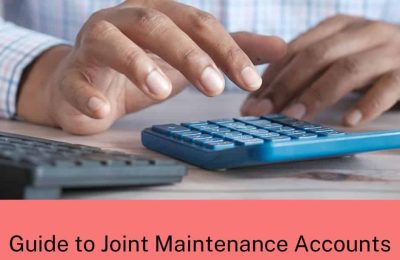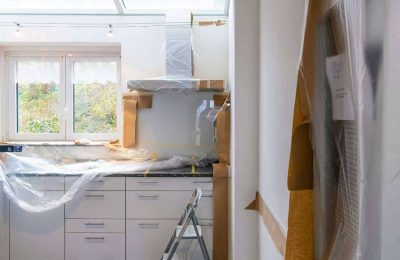Following the publication of the Scottish Government road map out of lockdown, the property market in Scotland is to reopen on or after June 18th. Although this date is not set in stone and depends on continued ability to supress the virus, there is a light at the end of the tunnel which the whole industry has been waiting for with anticipation.
Phased return of housing sector
The return of the property industry is to be phased, with the first stage involving preparation for the safe reopening of the market due to start on 28th May. During this period the Scottish Government will be working closely with the property sector to ensure it is safe to resume activity in line with public health advice.
The second phase which is likely to commence on or after 18th June, will see lifting restrictions on house moves. The housing market has been paused as a result of lockdown, with only essential moves allowed, therefore successful transition to phase 2 will see the freeing up of this pent-up demand.
As part of the next stage, letting agents will be permitted to reopen their branches. Although not fixed, this is probably to begin on 11th August.
Agents’ views
The lettings industry has welcomed the news, however, with some caution.
Edinburgh based Cullen Property commented: “We welcome the First Minister’s route map with cautionary optimism. We have been preparing for months and already have 50 HMO flats pre-let via virtual viewings, plus a further 600 student tenants who have signed up to find a flat with us, all of whom are desperate to return to university later this summer, as hinted at in the route map. Phase 2, potentially on 18th June, will be the trigger, at which time we also expect the letting market to be busy as the pent-up demand is released.”
Rettie & Co. said: “We welcome the Scottish Government’s announcement to start lifting restrictions. Due to concerns about our higher infection and death rate compared with other parts of the UK, the Scottish Government has been more cautious on lifting restrictions, but broadly, we appear to be around a week or two later than down south on our phased programme out of lockdown.
We would welcome more clarity on when viewings can start happening again (with the necessary social distancing and other measures), when Registers of Scotland is fully reopening and when removal firms can get back to work before we can give any firm dates on the housing market restarting. However, firms like ours are already gearing up, ready to go when the Government allows us to; recognising that if the property market is prevented from trading for very much longer it could have serious longer term consequences for the industry.”
Aberdein Considine said: “Any announcement leading to the easing of restrictions on the residential property sector is of course welcomed. However, we do so cautiously, recognising the risks of being affected by COVID-19 remain unchanged. To paraphrase Churchill it is merely the “beginning of the end.” However, the PRS has repeatedly proved to be resilient to the multiple challenges it’s faced. This is by far the toughest, but we’re confident we will quickly adapt to the new normal and continue providing a vital service to landlords and tenants throughout the country.”
Challenges in the PRS “will continue for a long time”
Commenting on the Government’s plan for the phased reopening of the property sector, John Blackwood, Chief Executive of the Scottish Association of Landlords (SAL), said: “SAL is part of the ‘Home Moves in Scotland’ Working Group which has been looking at this issue, so we welcome the steady reopening of the housing market. However, the huge challenges facing landlords and tenants in the private rented sector will continue for a long time.
“Our members have been working hard to mitigate the impact on tenants caused by the crisis by reducing rents, agreeing arrears payment plans and signposting tenants for help. SAL has been heavily involved in securing government support for landlords in the form of interest free loans, council tax exemptions for vacant student lets and ensuring the emergency coronavirus legislation works for our sector.”











